vegan::rarecurve:
I'm having difficulty interpreting this rarecurve, and understanding if it is acceptable, or implies deeper problems within the data.
This is 16S rRNA data that was processed in QIIME2 with DADA2, and imported into RStudio using the QIIME2R package.
I have done some quality control with my phyloseq object up to this point, OTUs with fewer than 10 reads have been culled, OTUs in fewer than 5 samples have been culled, and samples with fewer than 2000 reads have been culled. The rarecurve shows a dominance of a single taxa. Dominant taxa at the genus level:
dominant_taxa n rel.freq rel.freq.pct
<chr> <int> <dbl> <chr>
1 Streptococcus 53 40.8 41%
2 Bacteroides 35 26.9 27%
3 Corynebacterium 22 16.9 17%
4 Rikenellaceae_RC9_gut_group 4 3.1 3%
5 Bifidobacterium 3 2.3 2%
6 Lachnospiraceae_NK3A20_group 2 1.5 2%
This taxa is present in nearly every sample. Due to the nature of this study it is plausible that the community could be low in diversity (and only show a single taxa), but I am unsure. Has anyone seen something like this before? Is there anything I can do, maybe further up in the pipeline?
Any help would be appreciated, thank you so much.
tab <- as.data.frame(physeq@otu_table)
rarecurve(tab, col = my_cols, step = 100, label = T)
